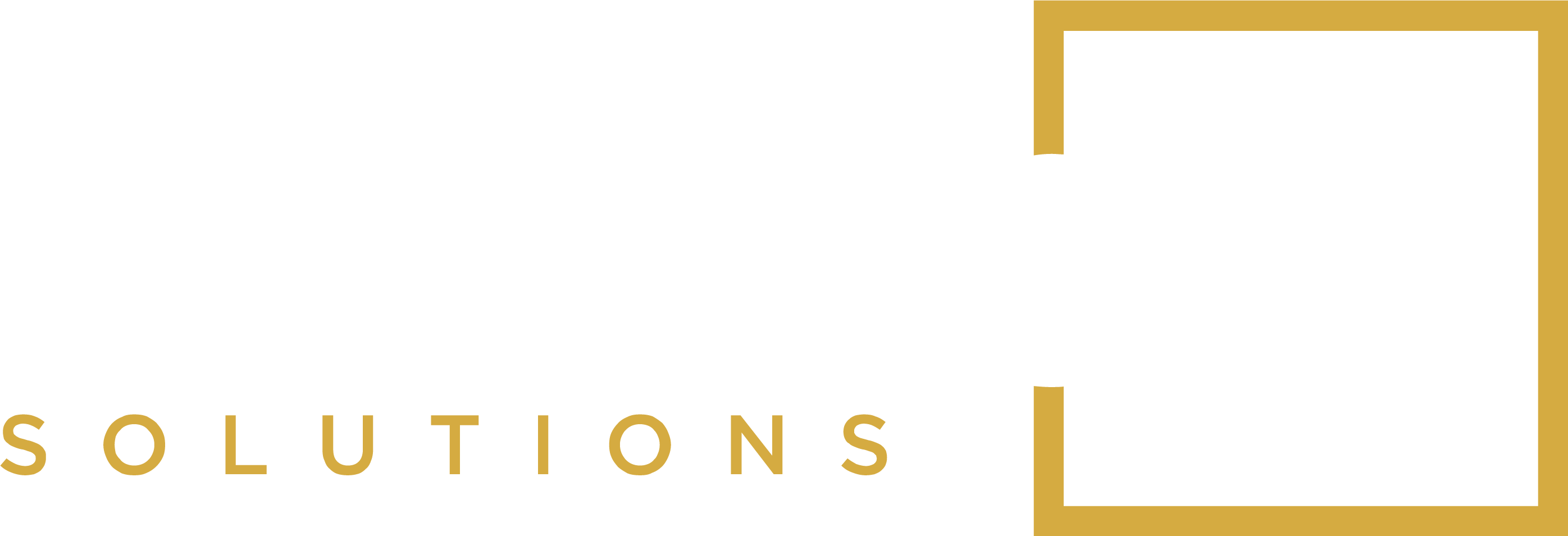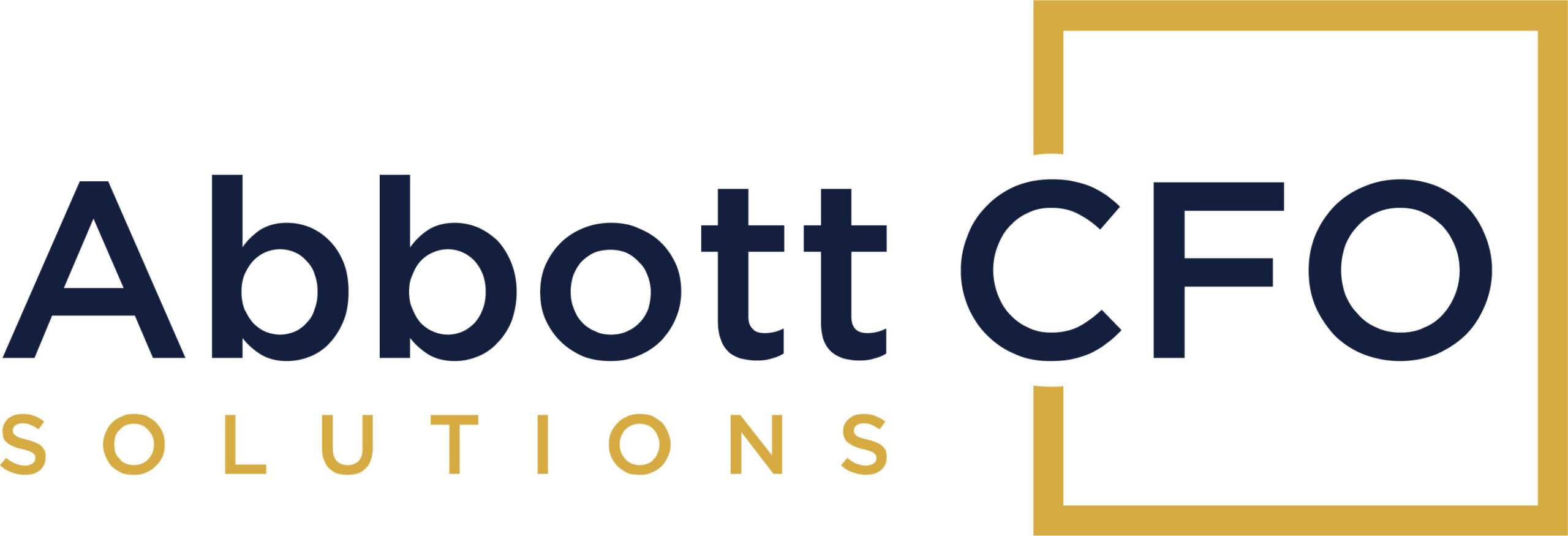Unlocking Tax Savings: Essential Tips for Small Businesses Under $100k
- November 30, 2023
- Posted by: Steven Abbott
- Categories: Bookkeeping, Compliance, Taxes

When completing a search, numerous tax savings strategies are promoted, making it challenging to discern between legitimate approaches and those that could lead to trouble. However, delving into this distinction is a topic for another post. When specifically considering tax strategies, much of the discourse revolves around tactics tailored for high-income businesses and individuals. In this post, we aim to present our perspective on the foremost strategies relevant to smaller businesses with earnings below $100,000. It’s important to note that these strategies remain effective even beyond that income threshold.
Within our firm, we are exploring avenues to reduce tax liability in a manner that aligns with your business’s needs. Although purchasing a new car at the end of the year can yield a substantial write-off, potentially lowering taxes, it’s essential to recognize that the cost of acquiring the car will surpass the tax savings. The strategies we advocate for are designed to reduce taxes without incurring expenses that outweigh the anticipated savings. Here are our top recommendations:
- S Corp Tax Status:
Opting for S Corporation tax status can significantly reduce taxes by redirecting income away from the 15.3% self-employment tax. In simple terms, shifting $10,000 of income into a non-wage category could result in a tax savings of $1,530. However, it’s important to note that implementing and managing this strategy incurs costs related to running payroll and filing an additional tax return. Working with a tax professional to determine reasonable compensation is crucial, as every business and owner will have a different amount that needs to be paid as payroll to stay in compliance. We recommend consulting a professional experienced in conducting a thorough analysis tailored to your business to determine if the tax benefits are greater than the additional costs. - Mileage Deduction:
Utilizing the mileage deduction is advantageous if you use a personal vehicle for business purposes. The IRS allows a standard mileage rate deduction, offering a straightforward and effective method for accounting for vehicle expenses. To maximize this deduction, maintain accurate records of business-related travel. Consider using the MileIQ app, which provides reliable and user-friendly documentation. Logging your trips once or twice a week is recommended to streamline the process. - Home Office Deduction:
For businesses operated from home, the home office deduction presents a valuable opportunity to write off a portion of home-related expenses, including rent or mortgage interest, utilities, and property taxes. Ensure your home office meets the IRS criteria for eligibility to claim this deduction. A simplified method for calculating the deduction is also available if needed. - Accurate Bookkeeping:
While not immediately perceived as a tax savings strategy, meticulous bookkeeping can uncover additional deductions for small businesses. When taking over bookkeeping responsibilities, we often identify missed deductions, either because business owners were unaware of all eligible items or because expenses were inadvertently left out of the records. Establishing a dedicated business bank account and processing all business expenses (and no personal expenses) through it can help ensure the maximization of available deductions.
These methods stand out as the most effective means to cut down on taxes for small businesses, and when employed collectively, they can significantly diminish your annual tax burden. While it’s important to note that not every business may be able to claim each of these strategies, we have identified them as the most prevalent, reasonably priced, and effective approaches for reducing taxes for businesses with an income under $100,000.

